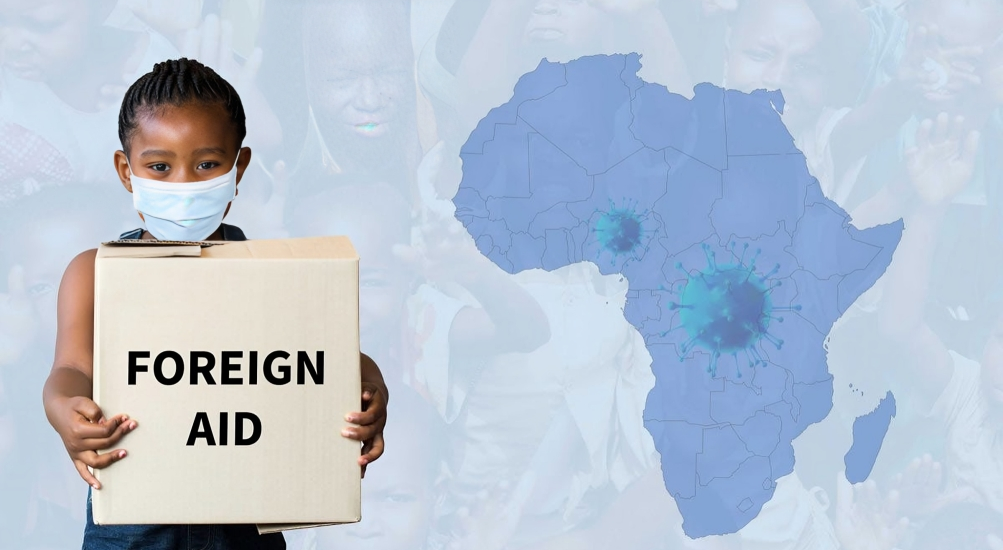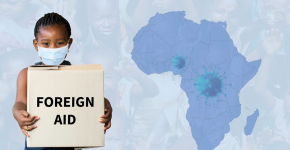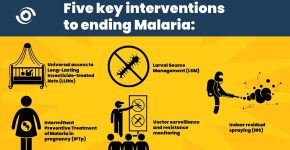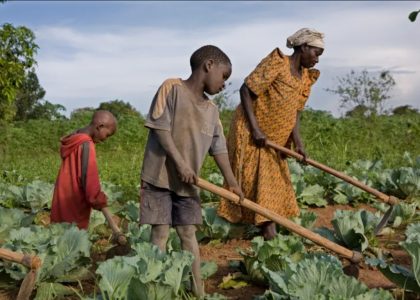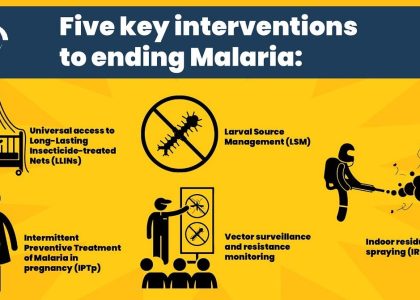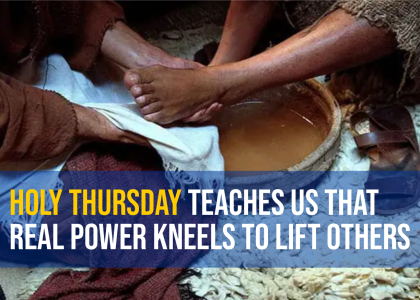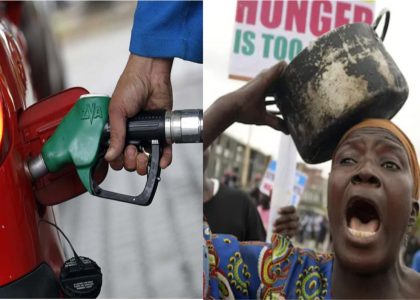Examining the role of foreign aid in development and its effectiveness
For many decades, foreign aid has been seen as a lifeline for developing nations. From global agencies to donor countries, billions of dollars have flowed into Nigeria and other African countries in the name of development, poverty alleviation, education, and healthcare. Yet across the communities of Southeast Nigeria and beyond, the daily struggles of ordinary people remain the same. Hunger. Unemployment. Insecurity. Poor access to clean water and basic healthcare.
The question is becoming clearer with time, if the money is coming in, why are things not getting better?
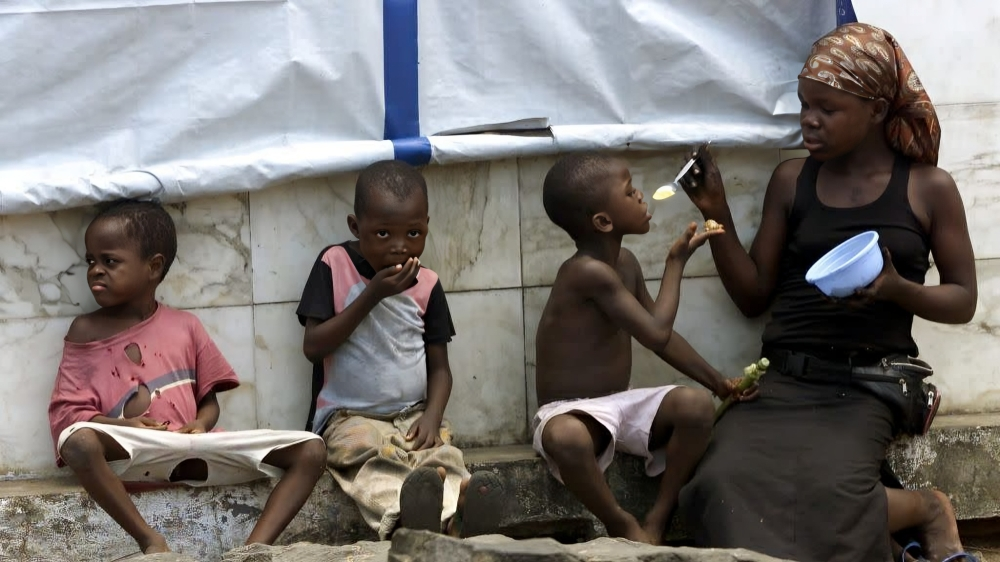
According to the Organisation for Economic Co-operation and Development (OECD), Nigeria received approximately 4.5 billion US dollars in Official Development Assistance (ODA) in 2021 alone. Much of this funding was directed toward humanitarian efforts, health, education, and governance. In theory, this should have changed lives at scale. In practice, the gap between intention and impact is wider than ever.
In many rural and peri-urban communities across the Southeast, families continue to live without access to basic social services. Children walk long distances to attend under-resourced schools. Women in labor still face life-threatening complications due to poor maternal healthcare. Youths, full of energy and ideas, sit idle with no jobs and no hope.

Meanwhile, the institutions that should manage aid effectively are often plagued with inefficiencies, corruption, or a lack of genuine community engagement. Reports from the Nigerian Extractive Industries Transparency Initiative (NEITI) show that over 500 billion US dollars in oil revenue has been mismanaged or unaccounted for since independence.
This tells us something deeper, foreign aid is not always the issue. How it is used, who controls it, and whether communities are meaningfully involved, are what truly matter.
Real development must come from within. At Deking Foundation, we believe in foreign aid, but not without accountability, transparency, and sustainability. We believe in development that is owned by the people it’s meant to serve. Foreign aid should not replace local solutions. It should empower them.
The case of Mali and other West African nations has shown that people are pushing back. When aid supports corrupt governments or foreign interests at the expense of the people, it loses legitimacy. It loses trust.

Nigeria itself carries over 113 billion US dollars in external debt as of 2024. This burden is often passed on to the poor, while the powerful benefit from the funds. The consequences are visible in our hospitals, our schools, our markets, and our homes.
What must change?
We must go back to the basics:
- Empower local communities with tools and knowledge.
- Support women and youth with training and business support.
- Ensure transparency in aid usage and project delivery.
- Listen deeply to what the people truly need.
At Deking Foundation, we are walking this path daily, supporting grassroots livelihoods, building health access, strengthening youth potential, and advocating for accountable leadership. We are not just giving aid. We are building dignity and long-term solutions.
The future of our country must be shaped by the voices and actions of its people. Not by external agendas, not by short-term fixes. Let us ensure that every dollar of aid reaches the hands and homes of those it’s meant for where it can make the difference that truly lasts.


